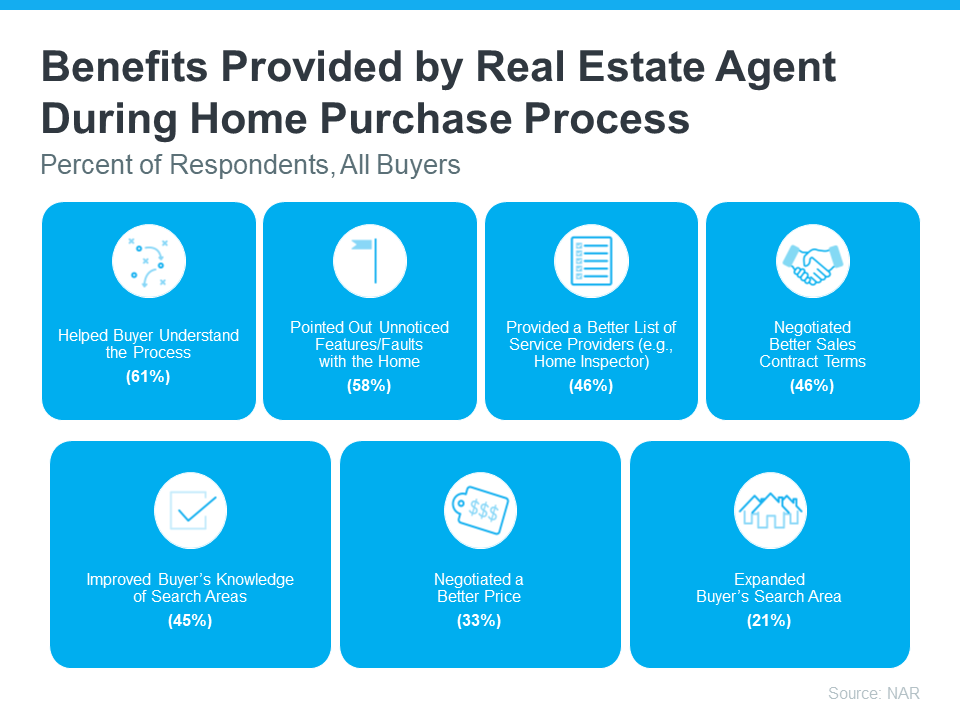Home equity borrowing is exploding across the country, thanks to the current housing market. But with multiple options to choose from, you might find yourself wondering what the difference is and which one to apply for — HELOC (Home Equity Line of Credit) or home equity loan.
These two programs are similar, and both offer a way to convert the equity in your home into cash that can be used for home improvements, consolidating debt, and more.
But to choose, you’ll need to understand the difference between a home equity loan and home equity lines of credit (HELOCs). This guide will cover these differences and help you choose the loan program that’s right for your financial situation.
How to Calculate Home Equity
For starters, you need to understand how to calculate your home equity. The simplest way is to subtract the amount you owe toward your home from its most recent appraised value:
Home Equity = (Appraised Value) – (Amount Owed)
Remember, the amount you owe includes your primary mortgage as well as any other home equity loans or unpaid balances of other types of financing.
For example, if your home is currently valued at $300,000, and you have $120,000 remaining on your mortgage, then you have $180,000 worth of home equity.
Remember that you calculate your home equity based on how much you still owe, not how much of your mortgage you’ve paid — your monthly payments have included interest.
How to Qualify for a HELOC or Home Equity Loan
Home equity lines of credit and home equity loans both have similar eligibility requirements. Typically, you’ll need the following to qualify for this type of financing:
At least 20% equity in your home but this does vary by lender
Good credit, with a credit score on average over 620
Reliable income for over two years
Some lenders may approve high-risk borrowers, but the best loan terms will go to borrowers who meet the above criteria.
What Is a Home Equity Line of Credit (HELOC)?
A home equity line of credit (HELOC) is a type of credit that lets you borrow money up to a predetermined credit limit. This credit limit is based on how much equity you currently have in your home.
HELOCs have two phases: a draw period, during which you can borrow money, and a repayment period, during which you’ll pay back both the principal and interest. The draw period can last 5 to 10 years, while the repayment period can last 10 to 20 years.
Since a HELOC is a credit line, borrowers have no real limit on how much money they can borrow. You can take out money (again, up to your limit), then make monthly payments, then take out money again.
Home equity lines of credit function just like the credit cards in your wallet — you can keep using them during your draw period so long as you pay your balance.
Some lenders even let you make interest-only payments during the draw periods, which means you won’t have to worry about the principal until the repayment period arrives. This setup can lead to a larger monthly payment in the long run but can be great for tapping into money quickly.
Pros of a Home Equity Line of Credit
A HELOC offers advantages that include:
High flexibility in terms of the amount you borrow
Variable interest rates could cause your rates to drop if your credit improves
You pay interest only on the amount you draw, not the total loan amount
These loan types are ideal for those who don’t know how much money they need, such as when you’re making improvements to your home and don’t have a clear final budget.
Cons of a Home Equity Line of Credit
However, there are some disadvantages to a HELOC, including:
Variable interest rates could raise your rates unexpectedly
You can overspend during the draw period, leaving you with considerable debt
Your home is collateral, meaning you could lose it if you don’t pay your loan
HELOCs can be dangerous for the undisciplined. Since the draw period can be as high as ten years, that can be plenty of time to dig yourself into a financial hole if you’re not careful. Still, HELOCs can be helpful for homeowners who manage their finances responsibly.
What Is a Home Equity Loan?
A home equity loan is a loan you receive based on the equity that you have in your home. Many lenders use the terms “home equity loan” and “second mortgage” interchangeably.
These loans offer fixed interest rates as well as a fixed monthly payment schedule, making them more predictable than home equity lines of credit (HELOCs). Similar to personal loans, home equity loans are given in an upfront lump sum, which means that borrowers will need to know how much they need before applying for the loan.
The loan amount depends on how much equity you’ve built into the home, as well as your credit score and financial history. Qualified borrowers can often get a loan as high as 80% to 90% of the home’s appraised value. The loan terms can vary by loan amount and the lender, ranging anywhere from five to 30 years.
Depending on your lender, you may have to pay some origination fees of roughly 5%, but these costs tend to be relatively minor compared to the value of the loan itself.
Pros of a Home Equity Loan
The advantages of a home equity loan include:
Fixed loan amount
Fixed monthly payment schedule
Lower interest rate compared to other refinancing options
Borrowers can appreciate the predictability offered by a home equity loan, which prevents you from overspending like you might when using a HELOC.
Cons of a Home Equity Loan
There are some disadvantages of a home equity loan, including:
Lower flexibility if your financing needs change
Need to refinance your home to receive a lower interest rate
Your home is collateral, meaning you could lose it if you don’t pay your loan
With greater predictability comes less flexibility, which can lock you in if you discover your financial needs are greater than you initially thought.
Differences Between HELOC and Home Equity Loan
What is the real difference between HELOC and home equity loans? While both can be used for a variety of financing needs, the real difference comes in how the funds of each loan type are received.
Additionally, the interest you pay for each loan type can be deducted from your income taxes if you use your loan to make significant improvements to your home.
A HELOC offers flexible funding just like any line of credit, while a home equity loan offers the stability and predictability of a one-lump sum. The second major difference is that a home equity loan offers fixed interest payments, while a HELOC can offer variable interest.
When comparing a HELOC vs. home equity loan, the main difference is found in the level of predictability. A home equity loan offers far more predictability and stability compared to a HELOC, though a HELOC is ideal for those who need flexible financing options.
Which Option Should I Apply for?
So should you choose a HELOC or home equity loan? Both are solid options, though there may be specific times when one of these options surpasses the other.
When to Consider a Home Equity Line of Credit (HELOC)
You might consider a HELOC when:
You don’t have a final idea of how much financing you’ll need
You want flexible loan amounts
You need to withdraw money over an extended period of time
For all of these reasons, a home equity line of credit might be the better choice when undergoing a home remodeling project that you intend to complete over time. Since the cost of materials tends to vary, having access to a revolving line of credit can give you the flexibility you need.
Just be careful about how much you draw during your draw period — otherwise, you could find yourself amassing debt. Similarly, keep an eye on your variable interest rates, which can benefit you when they drop but become costly when they rise.
When to Consider a Home Equity Loan
You might consider a home equity loan when:
You have a specific budget for how much you intend to spend
You need a lump sum of quick cash
You want a clear, fixed repayment schedule
A home equity loan might be great for those who need quick cash for things like debt consolidation or for paying contractors who offer a clear quote on a remodeling project. You’ll also appreciate the repayment schedule and fixed interest rate. But if interest rates do drop during your loan term, you’ll need to refinance to lock in a preferable rate.
Please visit CrossCountry Mortgage for the full article and for more information.





